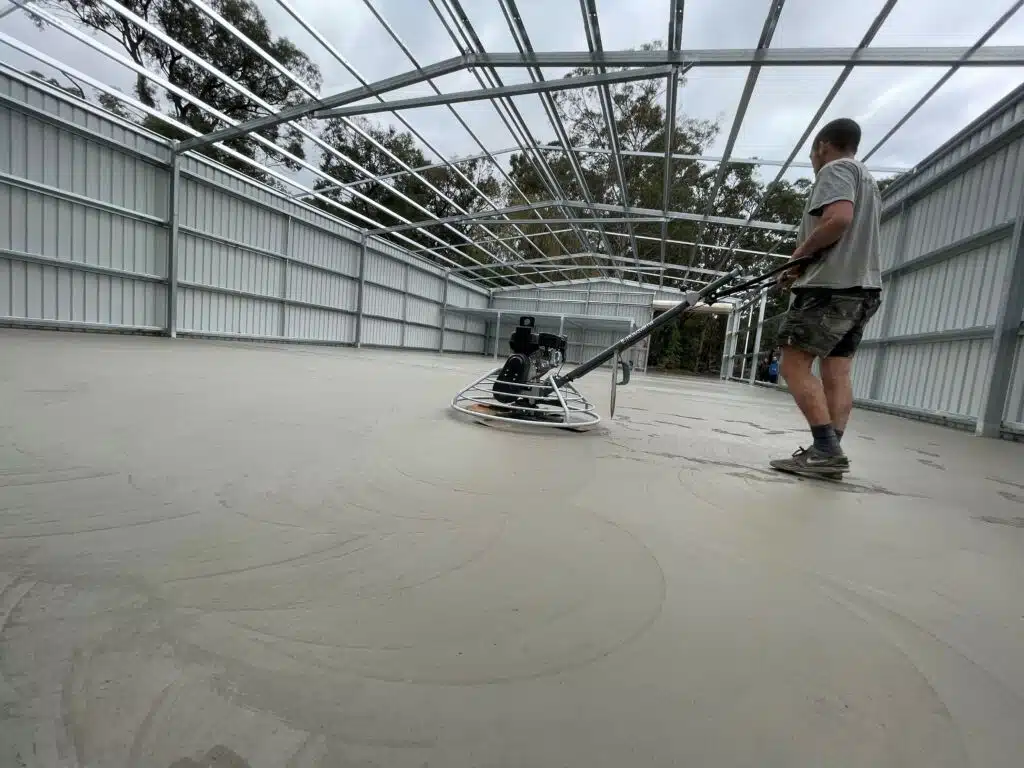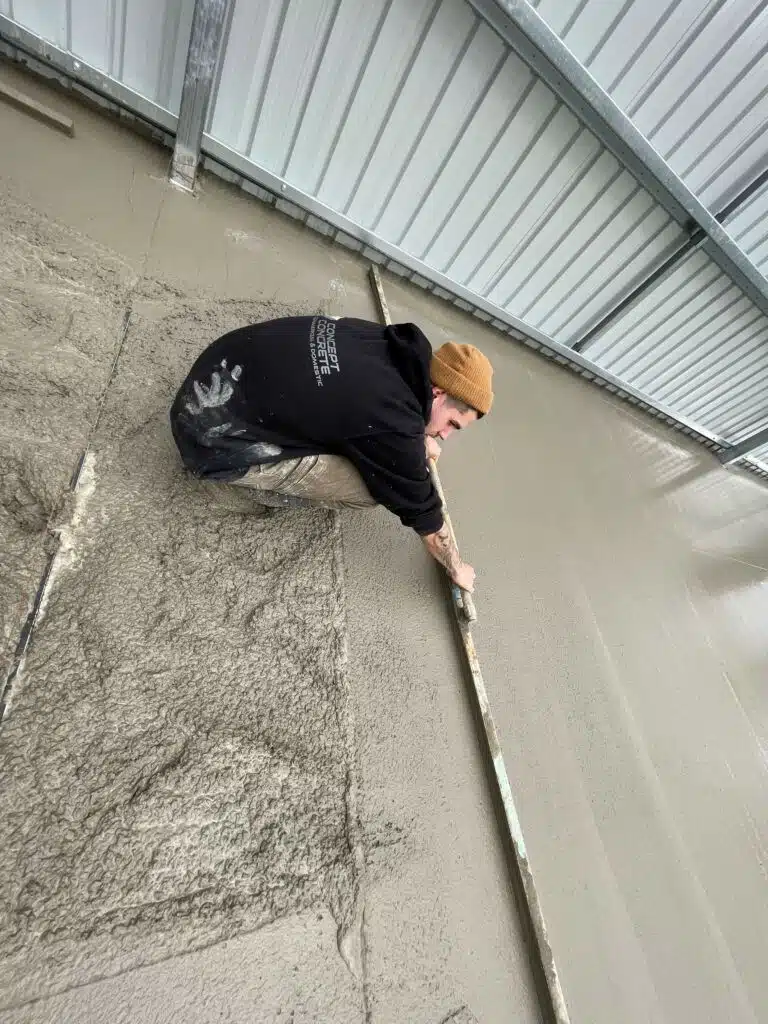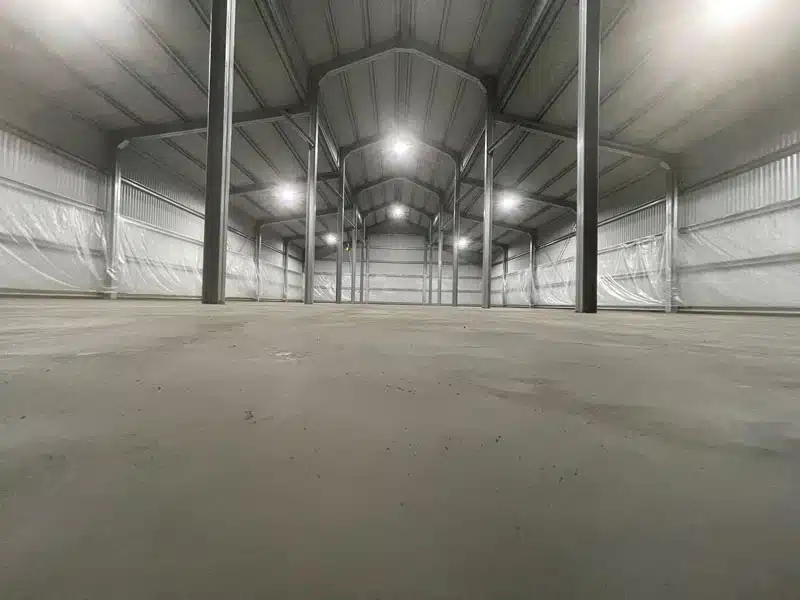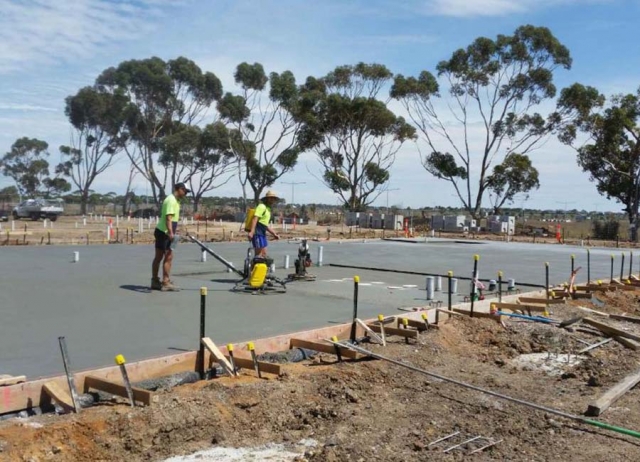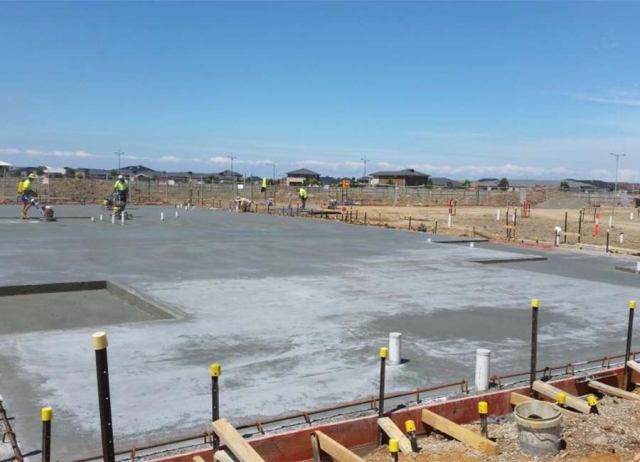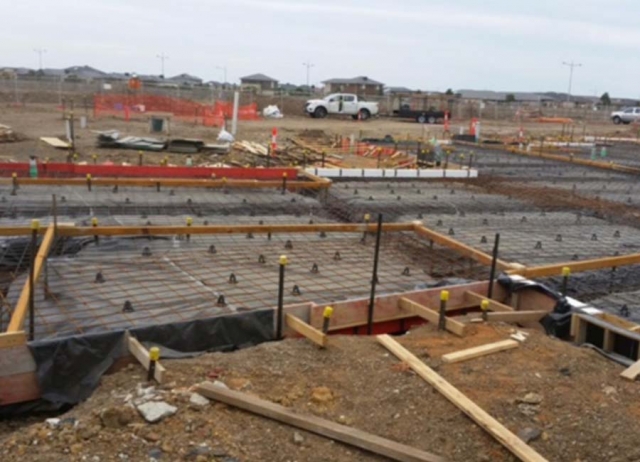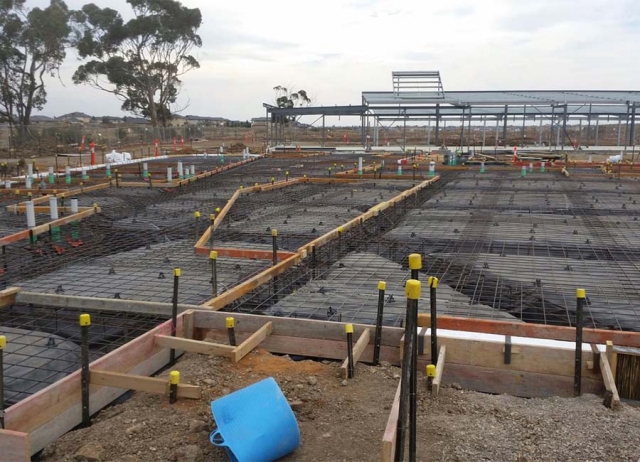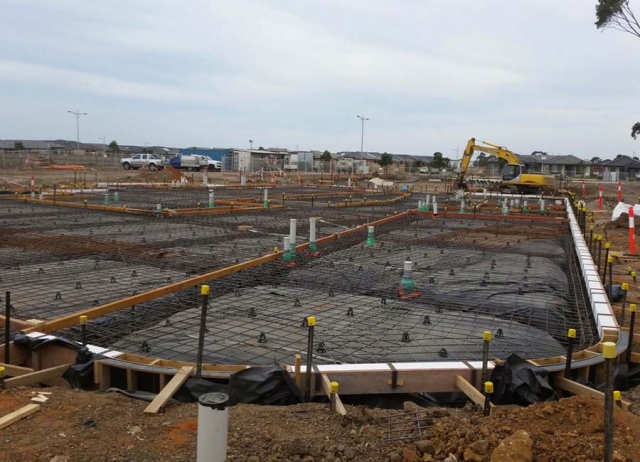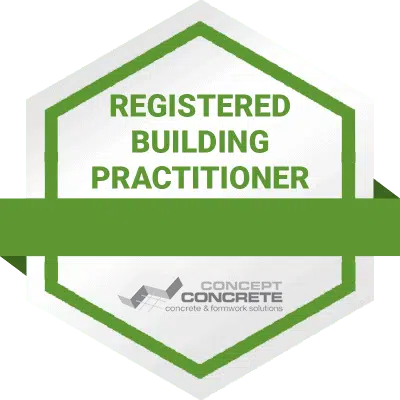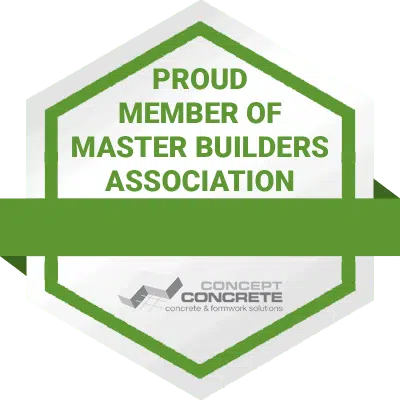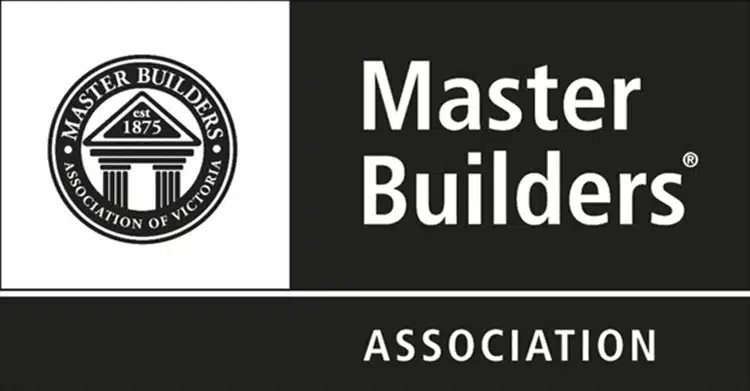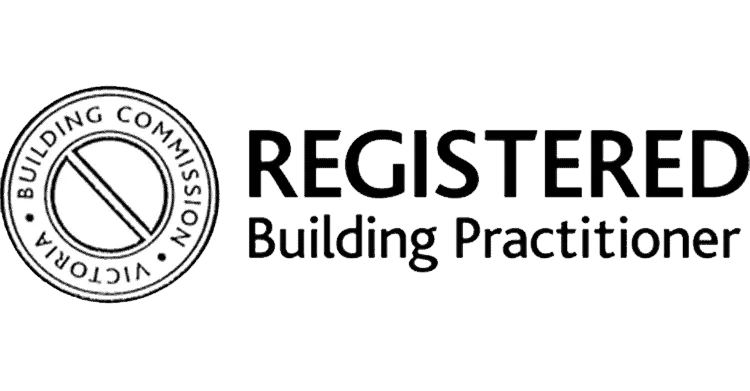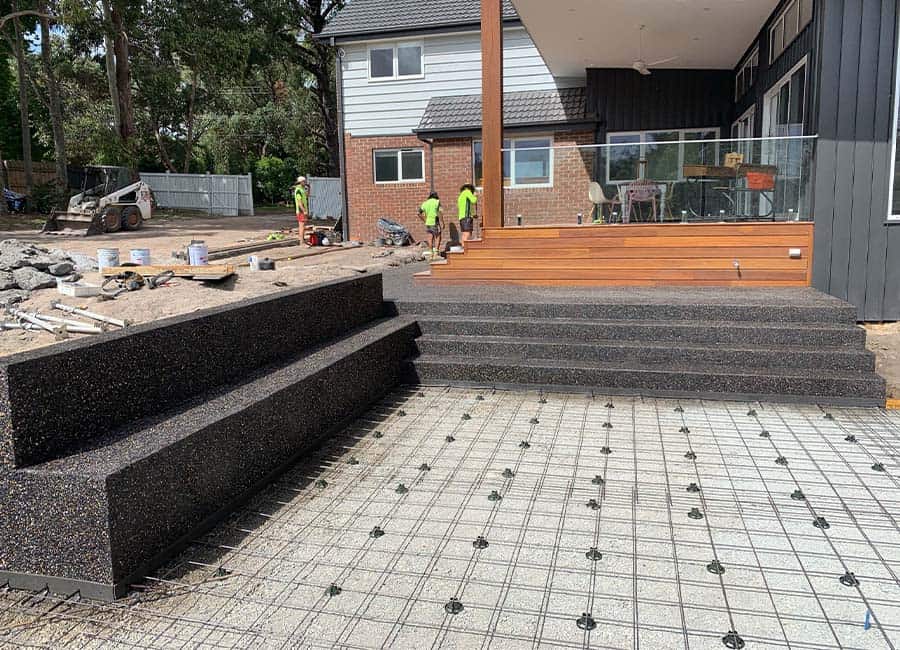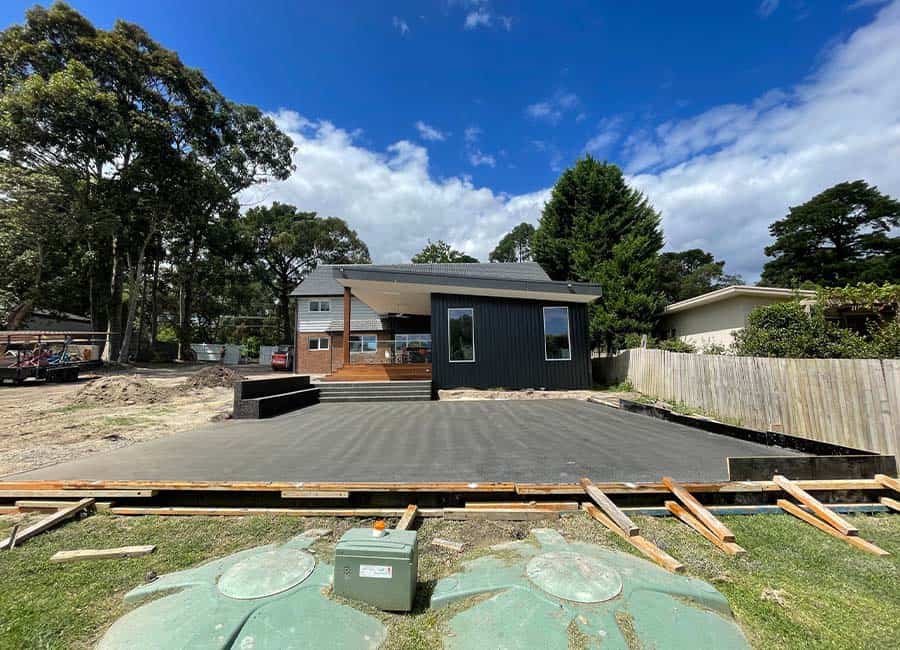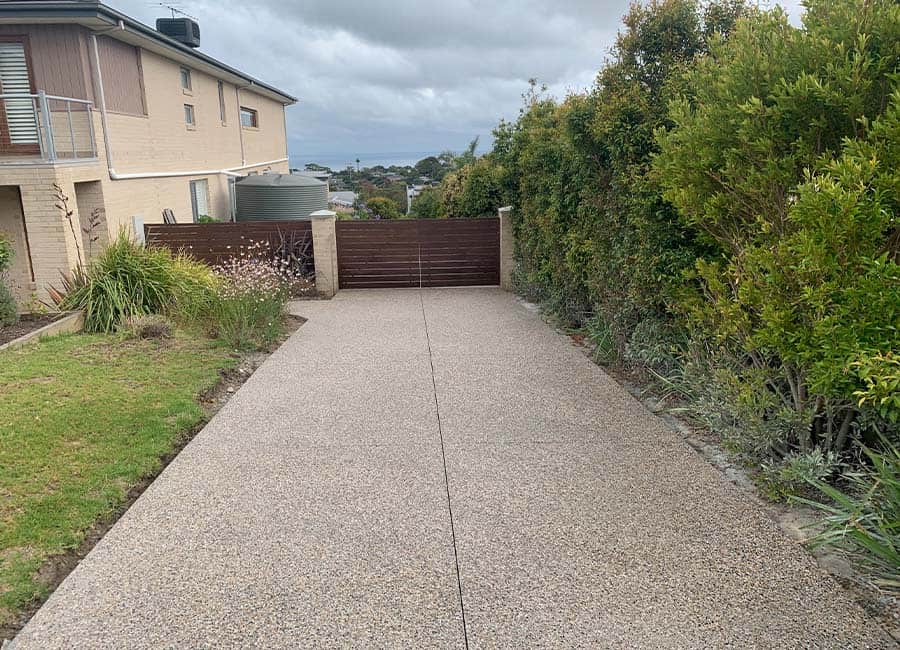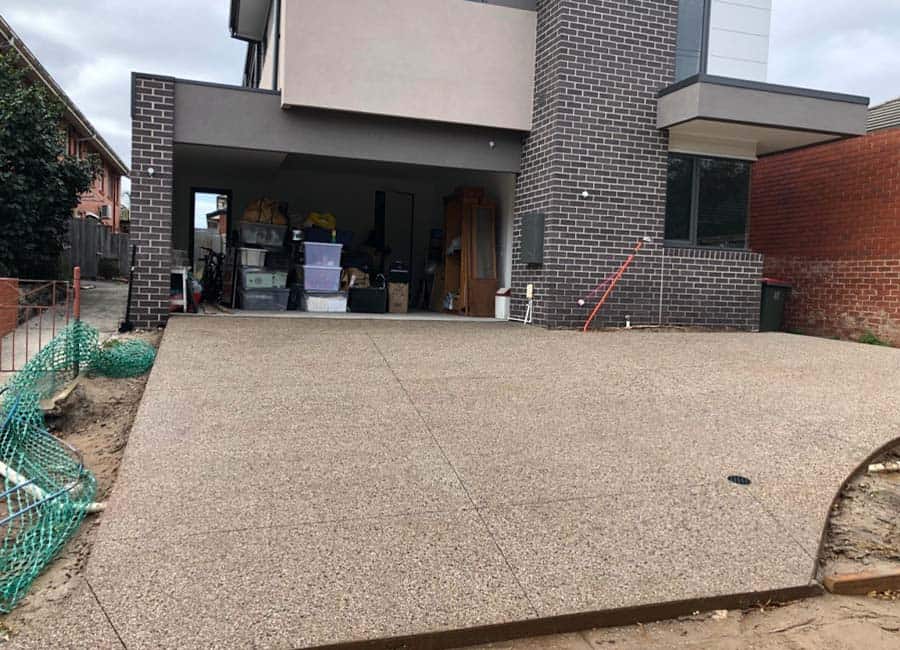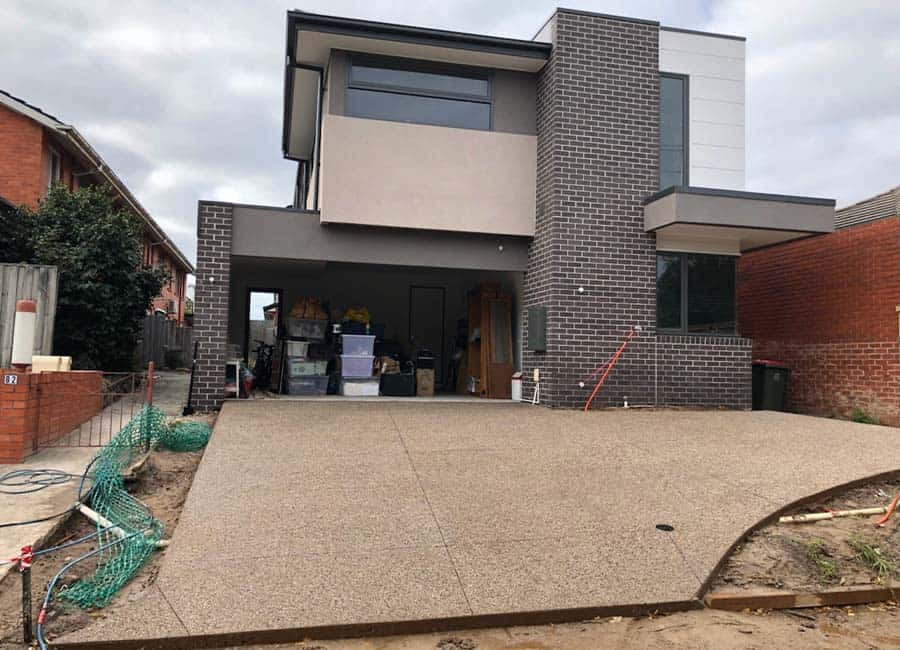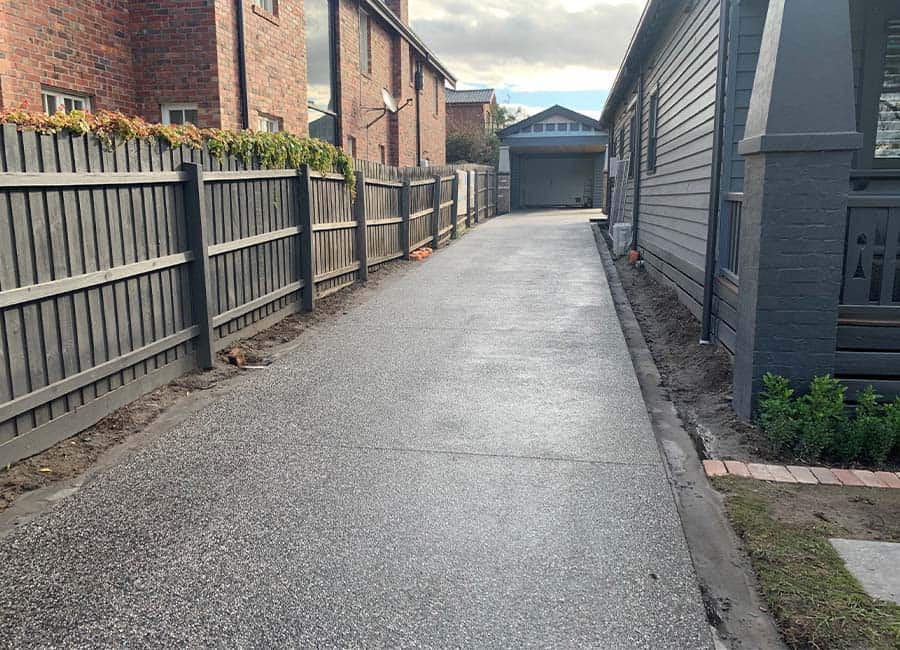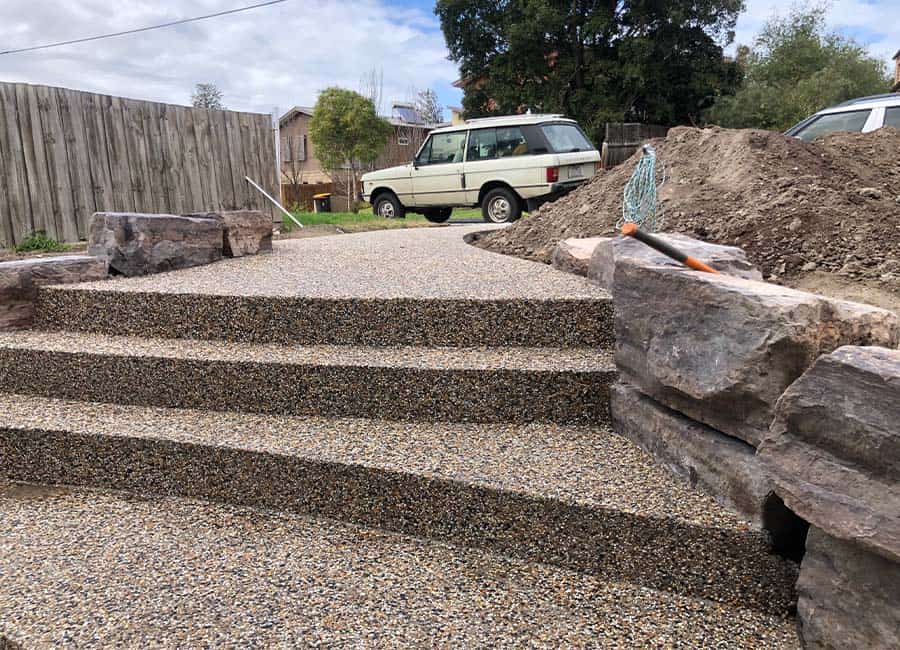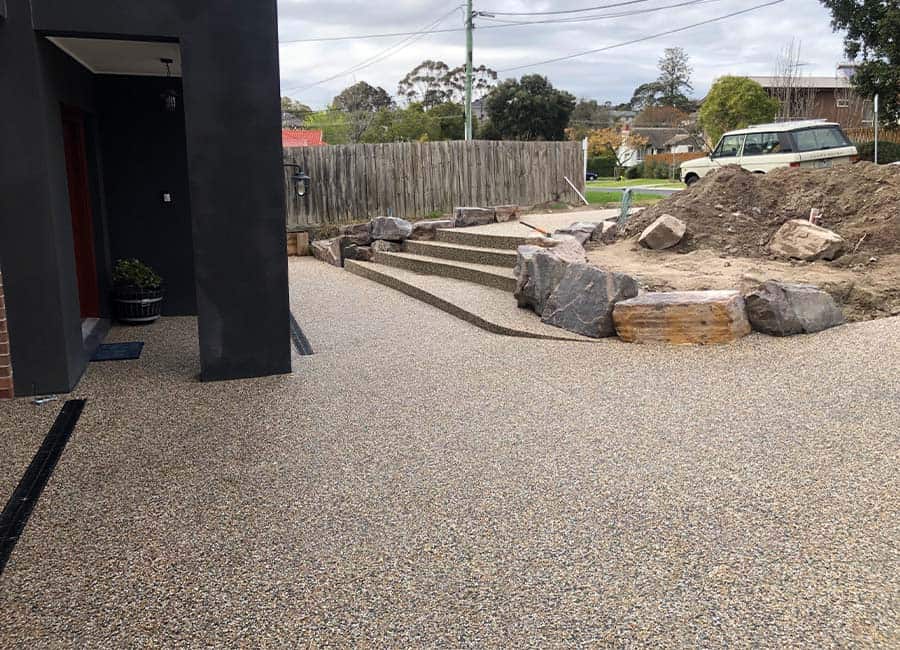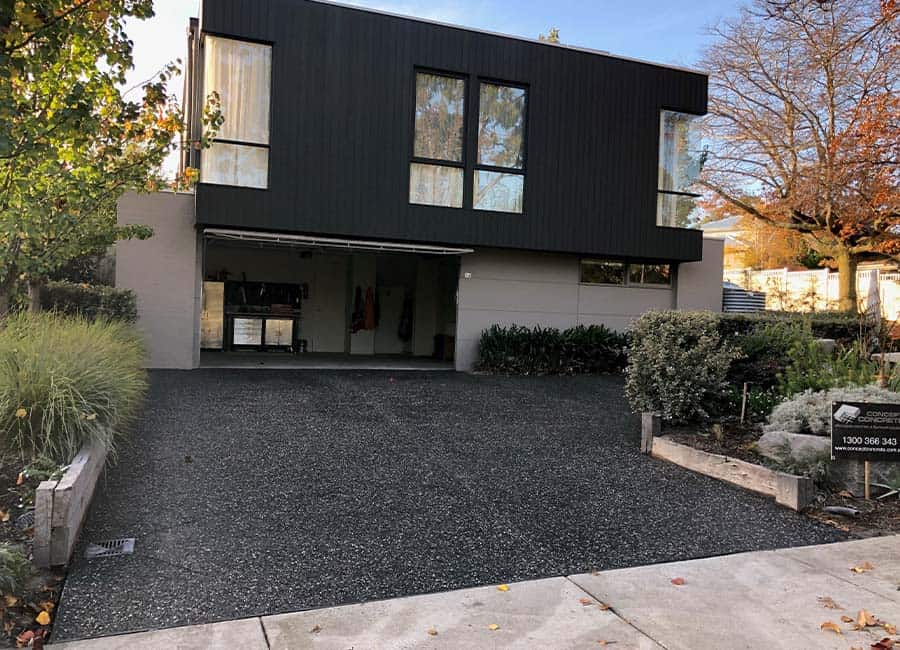The Most Trusted Concrete Slabs That Melbourne Has to Offer
Give your next construction project the foundation it needs with superior and cost-effective concrete slabs that stand the test of time!
Concrete slabs come in many forms including on-ground, suspended or a mixture of both. Crucial to building structural integrity and strength, concrete slabs can also provide great thermal and lifestyle advantages.
As one of the strongest and most durable materials available on the market, concrete is as tough as, well… concrete! With concrete slabs used in 90% of Australian homes, it’s easy to assume all concreting companies offer the same service. However, to enjoy all the advantages that concrete offers, it’s crucial you hire the services of a contractor who’s experienced in working with concrete and has all the tools at hand.
The team at Concept Concrete offers a variety of slabs for domestic sectors in Melbourne and surrounding areas. Not only do we use high-quality concrete from trusted suppliers like Holcim, Boral, Hy-Tec, and Onesteel Reinforcing, but our structure also comes with a warranty of up to six years.
Call us on 1300 366 343 today to learn more!
How Long Does a Concrete Slab Take to Dry?
Great things take time. That’s why, when it comes to concrete, we don’t rush your slab to dry quickly. Without proper curing, concrete slabs may shrink or crack when forced to dry quickly.
Depending on Melbourne’s weather, slabs must be kept wet using hessian, plastic membranes, bags or anything similar. Some chemical components can also be brushed or sprayed onto the slabs to ensure proper curing. If curing is not implemented, we leave the concrete and let it dry for several days – this is to ensure durability and sustainability.
So, the short answer is that in about seven days, your concrete should be cured to about 70% full strength. Though, it will reach its full strength only after 28 days.
How Does Concrete Differ From Cement?
While some people make no distinction between the terms concrete and cement, they’re not entirely the same thing. Cement is only a small component used when manufacturing concrete (acting as a binding agent). Cement can be used on its own, but it’s mainly used as one of the main components in concrete. On the other hand, unlike cement, concrete has a number of components. In addition to cement, concrete also contains stone, water, and sand.
Compared to concrete, cement is usually not as durable. Cement consists of silica and calcium, and these ingredients are more prone to cracking. For this reason, it’s primarily used for smaller projects that are more decorative than functional. As you would expect, concrete is typically more expensive than a cement slab. While a trained professional should manufacture both a concrete and cement slab, you can sit back and relax when you trust the experts at Concept Concrete to install a strong and stable concrete slab foundation.
How Much Does a Concrete Slab Cost in Melbourne?
You can expect to pay between $50 and $150 per m2 for a concrete slab in Melbourne. That being said, several factors will impact the cost. These include the method used for installation, the type or grade of concrete, the thickness of the slab, size, the type of soil, and if it needs to be reinforced with rebar. For example, if no steel reinforcement is needed, you can expect to pay less. On the other hand, if you need any decorative details or reinforcement, you can expect to pay more.
We understand that “average” prices don’t help you plan your upcoming project with any certainty. Request your obligation-free quote online to save time and put our value to the test.
What to Look for in a Professional Concreter?
Concrete may look tough, but the tru durability of your slab will come down to the skills of your concrete contractor. To help you find the best Melbourne concreter with experienced working with slabs, here are the most important factors that you should keep in mind:
- Concrete contractors should ideally have a minimum of five years of relevant experience.
- When requesting a quote, all costs should be itemized clearly.
- The concrete company should have sufficient insurance that will cover both you and your property.
To help you narrow down your search further, the following are examples of good questions to ask potential concrete contractors:
- “Do I need any permits for the job? If so, who needs to apply for them?”
- “How much time will it take to complete the project?”
- “How does the process work?”
- “Do you have experience working with concrete?”
- “How does the payment work? Do I need to pay a deposit?”
- “Do you offer any guarantees?”
- “Does the slab need any special maintenance afterwards?”
Searching for High-Quality Concrete Slabs in Melbourne?
When selecting a concrete company, don’t base your decision on cost alone. You don’t want to spend a small fortune, but you also don’t want to end up with a slab that cracks. For high-quality slabs at an affordable price, be sure to contact Concept Concrete in Melbourne at 1300 366 343. Our team has been in the business for a decade and specialises in architectural concrete and formwork design.
Simply need building advice? We also offer a wide range of extra services.
Click here to speak to a member of the Concept Concrete team to find out more about our services or claim a 100% free quote.
Frequently Asked Questions About Concrete Slabs in Melbourne
Are forms always needed when pouring a slab?
Yes, you’ll need a form when pouring a concrete slab. The form will make sure that the concrete cures correctly. Planning is key as once the slab is in place, you’ll be stuck with it.
Are there restrictions about the type of weather or conditions a slab can be laid in?
The weather conditions can impact the durability and longevity of the concrete. So, if there’s rain on the radar (which Melbourne knows how to deliver), you might have to postpone the job. Rain can be the biggest hurdle and, where possible, you should avoid pouring concrete when it rains. Also, conditions like heat, wind, cold temperatures, or low humidity can cause the concrete to set and cure too quickly which can make the slab less durable. Ideally, you shouldn’t pour concrete when the average temperature is lower than 5℃ or higher than 32℃.

